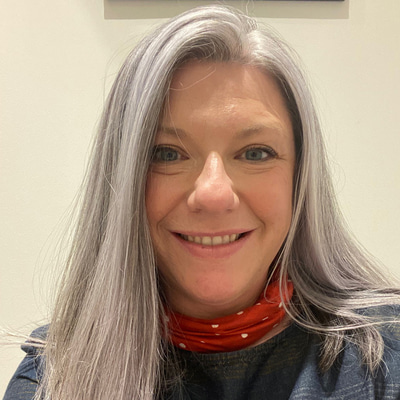- OT
- Life in practice
- Practitioner stories
- A well-trained reception team
I could not live without…
A well-trained reception team
Pam Robertson, IP optometrist and director of Angus Optix in Forfar, on a triage system that ensured smooth sailing during the pandemic
3 min read

Getty/St_Aurora72
Pam Robertson
20 January 2022
Having all members of the team trained in how to triage patients makes my day so much simpler.
It’s important that the patient sees the best professional in the practice to meet their presenting issues. We have a standard format questionnaire that staff members follow to ensure we get the most important information about the presenting complaint, which our optometrists can base their initial clinical decision on.
Streamlining the working day

Pam Robertson has invested time in training her front of house team
We have worked this way for the past three or four years. During the early days of COVID-19, when the majority of consultations were carried out remotely or with minimal face-to-face interaction, particularly during the first lockdown, this meant that our clinical team had as much information as possible prior to patients arriving in the practice. I wouldn’t have managed without this system.
Sometimes even hospital eye departments will direct patients to their nearest optometrist to access care, so we need a system that works effectively and efficiently to meet the needs of patients and our business
By having our team trained to ask these kind of questions, we work more smoothly as a team, and the patient can see an optometrist or dispensing optician who best meets their specific needs. Two out of three of our optometrists are independent prescribers, so it means that we can ensure the diary is managed to the best advantage for everyone.
I cannot understand how any practice manages to function without an efficient triage system. Working in General Ophthalmic Services in Scotland means that optometrists are now the first port of call: GPs, pharmacists and sometimes even hospital eye departments will direct patients to their nearest optometrist to access care, so we need a system that works effectively and efficiently to meet the needs of patients and our business.
Advertisement

Comments (0)
You must be logged in to join the discussion. Log in